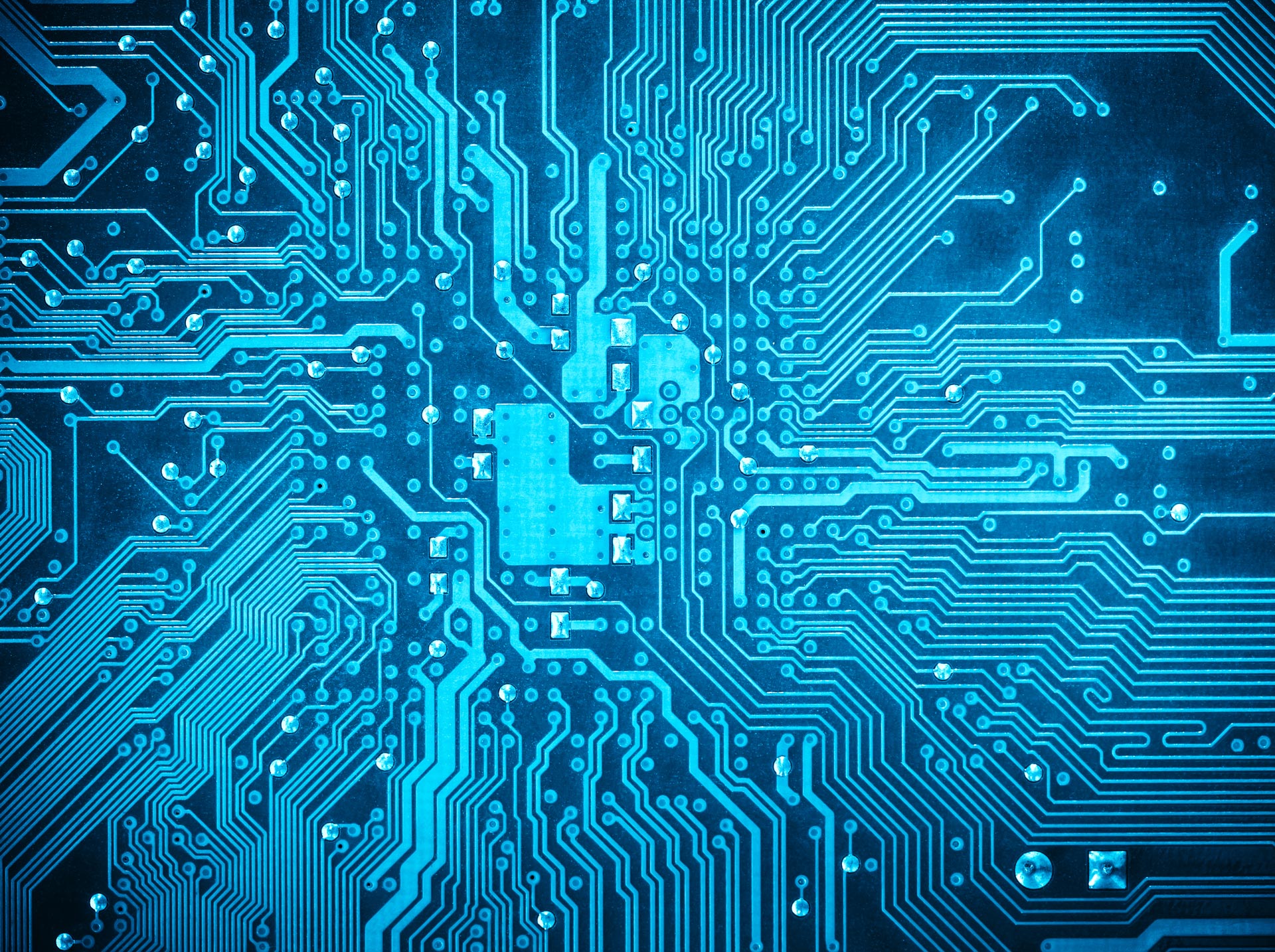
New figures have shown that global semiconductor production and sales hit record levels in 2021, but demand continues to climb fast and manufacturers dependent on the chip supply chain are predicting that shortages could continue into 2023.
The Semiconductor Industry Association (SIA), which represents almost all US-based chipmakers and a majority of non-US ones, announced the figures on Monday. Global sales hit $555.9bn in 2021, a record annual total some 26.2% up on 2020. The industry shipped 1.15 trillion semiconductor units in 2021, another annual record, as chipmakers around the world ramped up production to meet soaring demand.
There was no sign of any slowdown: indeed sales appeared to be speeding up slightly towards the year end. Global sales for December 2021 were up 28.3% year-on-year and 1.5% up on November 2021. Fourth-quarter sales were 28.3% up on Q4 2020 and 4.9% higher than Q3 2021.
“In 2021, amid the ongoing global chip shortage, semiconductor companies substantially ramped up production to unprecedented levels to address persistently high demand, resulting in record chip sales and units shipped,” said John Neuffer, SIA president. “Demand for semiconductor production is projected to rise significantly in the years ahead, as chips become even more heavily embedded in the essential technologies of now and the future.”
Sales growth in some key semiconductor categories was particularly high. Sales of analog units, older technology commonly used in vehicles, were up 33.1% year-on-year. Many chipmakers had shifted production out of analog during 2020 as automakers cancelled orders during the early stages of the Covid-19 pandemic, only to find that this left them critically short of supplies once vehicles sales recovered – a development whose consequences are still being felt, with fresh production halts at Ford factories announced on Monday.
In a survey of automotive industry professionals carried out from Q2 to Q4 2021 by our sibling publication Just Auto, a slight majority felt that the chip shortages affecting carmaking would have eased by late 2022, a forecast that would appear reasonable given the major ramping up of analog semiconductor sales in 2021.
Arista unveils stellar results
Others, however, foresee a longer timeline to stabilisation in the chip markets. Networking hardware maker Arista reported its Q4 results on Monday. In remarks accompanying the figures, CEO Jayshree Ullal said disruption of Arista’s semiconductor supply chain will continue into 2023.
“Despite the supply chain obstacles that we now expect to continue into 2023, we have emerged stronger,” Ullal told analysts.
“Supply chain, we felt, improved in November … but declined in January, when we started seeing some de-commits from some of our component vendors. So, I would describe our supply chain shortages as two steps forward and one step backward. We don’t like the one step backward, but between the Omicron virus, the labour shortages, the logistics and the component shortages, we’re certainly experiencing another wave of uncertainty in Q1 over here. Q1 isn’t the great indicator of supply chain improving.”
Supply chain problems didn’t, however, prevent Arista from beating Wall Street expectations. Revenue in Q4 2021 rose to $824.5m, yielding a net profit of 82 cents a share. Analysts had been predicting $790m and 73 cents per share.
“I am delighted with Arista’s record 2021 milestones in innovation, diversified customer momentum and earnings,” said Ullal in tinned quotes accompanying the results. “We have executed well to establish Arista among the fastest growing networking companies in this decade.”
And the CEO doesn’t expect ongoing supply chain problems to prevent a continued strong performance. For the current quarter, Arista is forecasting revenues in the range $840m to $860m, above analyst consensus of $831.6m.
Steve Schuchart, Principal Analyst – Networking at GlobalData, assesses Arista as “a juggernaut in the data centre switching and routing space. Arista is considered ‘the administrator’s choice’.” Schuchart rated the company as Strong to Very Strong across Vision/Strategy, Momentum & Stability, Innovation, Go-to-Market and Service & Support on GlobalData’s Company Analytics platform, and as a Leader for Product Portfolio.
Arista is clearly a strong company but other tech manufacturers have also managed to deliver excellent results lately while at the same time complaining of supply chain problems. Perhaps most prominently, Apple has yet again reported new profit records for Q1 fiscal 2022, again with much discussion of semiconductor supply issues.
It might seem that technology hardware makers, who never suffered the demand slump that hit automakers in 2020, have managed to weather the supply chain crisis much better thus far. It may be too soon to say, as Ullal contends, that semiconductor supply problems will be largely ironed out this year, despite the huge ramp up of production: but if there ever was a problem in terms of profits among technology manufacturers, that problem would seem to be over already.
GlobalData is the parent company of Verdict and its sibling publications.







